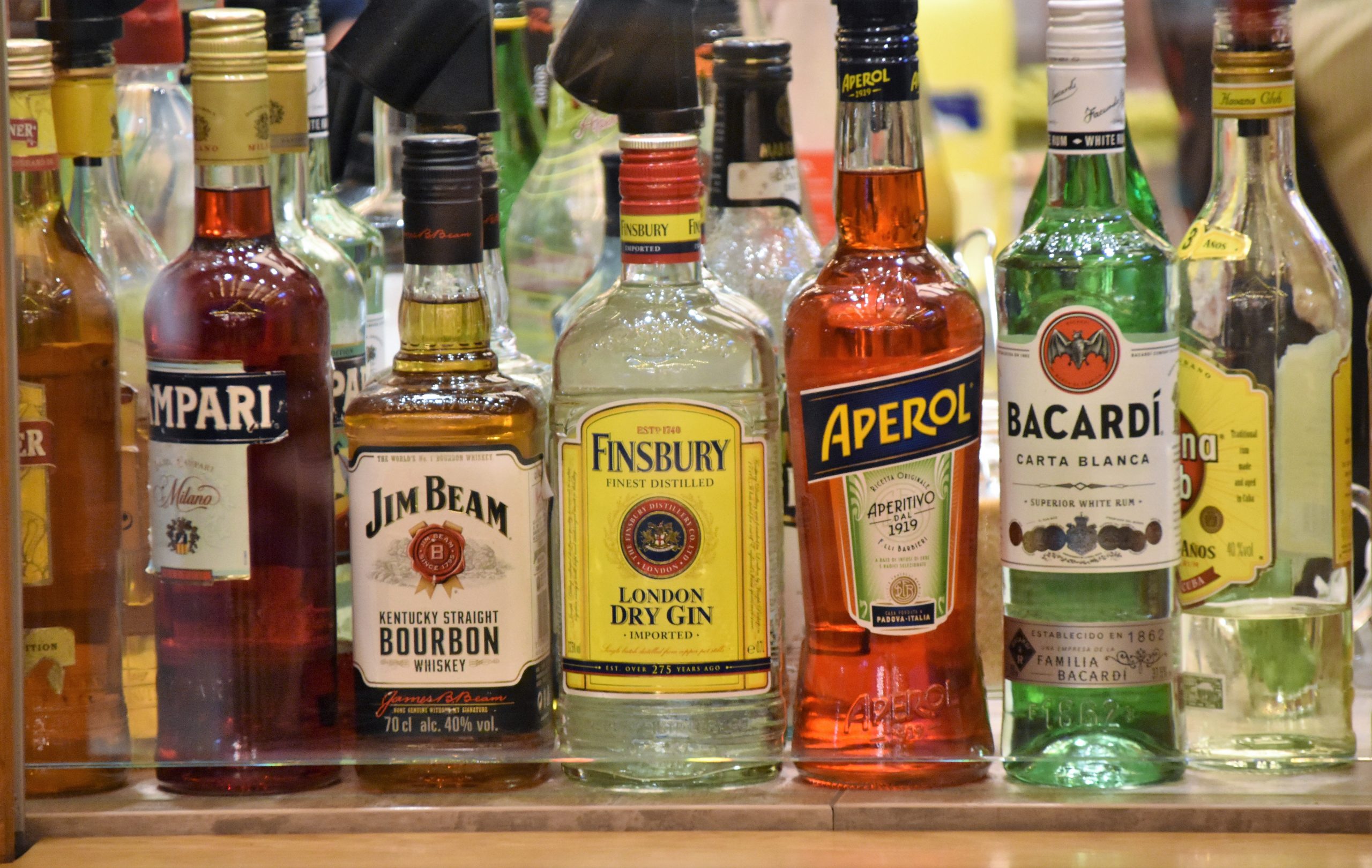Opinion
I have to say, I’m at a loss to understand what the point of this long-winded Jeremiad from Australia’s taxpayer-funded left-wing behemoth really is.
In sum, they seem to be bitching about the fact that big retailers are selling booze that looks just like the hoity-toity stuff the manbun set pays top dollar for. They’re outraged that, rather than being hand-distilled by a lesbian Indigenous trans woman in a condemned shed, it’s made by mid-scale, privately owned distilleries and marketed through big supermarket chains.
Well… so what?
It’s as trivial and elitist as some insufferable music snob bitching that his favourite lo-fi indie band landed a deal with a major record label and started making money for a change.
Pure Origin certainly looks like a boutique Australian gin.
Its got a curved glass bottle with a minimalist cream label and cork plug, and its own website detailing how the gin is made in “all-copper Tasmanian pot stills” using “pure, pristine water from the slopes of Mount Wellington”.
Oh, and it’s won gin awards.
OK, so, problem?
Yet behind this $64 bottle of booze is one of Australia’s biggest grocery giants.
Well, whoop-de-doo. If they can make a gin good enough to win awards, and at a decent price, who the hell cares?
Apart, of course, from the sort of pretentious tosser who demands to know the “provenance” of the kale in their mung bean salad.
Pure Origin is just one example of how major liquor chains have made big strides into homebrand booze, in a way that is now so ubiquitous that even informed consumers may not know they’re buying it.
The liquor retailers say their homebrand and “exclusive” products are great for shoppers who want a tipple on a budget.
Sounds OK to me. And they’re not claiming anything that’s patently false. Pure Origin is, indeed, made in Tasmania by a local distiller.
Coles confirmed Pure Origin is a private label.
Media reports from when it launched in 2021 have it as being produced by a Tasmanian contract distiller. This highlights how the liquor chains are using manufacturers with existing infrastructure and expertise to create on-trend products on tight deadlines.
Just good business sense, then.
However, the private label trend has been ruffling feathers.
The major liquor retailers already wield a lot of power.
They hold huge inventories of sales data, and they can charge brands to promote their products in prime shelfing positions or have them promoted in advertising campaigns and promotions.
Again, good business.
Of course, it’s tough for smaller businesses.
ABC News approached about a dozen smaller alcohol manufacturers, some of whom voiced concerns about speaking out against the majors.
On condition of anonymity, one independent distiller told ABC News that examples such as Pure Origin made their company “feel overlooked”.
“We’re producing our products and it’s our main income stream,” they said.
“A big box retailer doesn’t manufacture the product so they’re not having to deal with the hurdles of manufacturing in Australia that we do.
“And as it isn’t their sole income stream, they can afford to lower the price point which makes it harder for the smaller brand to compete in the same space.”
ABC Australia
Well, yes: ever t’were thus. Indie bands couldn’t compete against the corporate stadium rockers, either. That’s just the way of the world.
But here’s the rub: they weren’t chasing the same audiences, anyway. Their target market was the sort of person (like me) who’d rather see a band play to 150 people in a dingy pub, than stare at a jumbotron a few kilometres from the stage while being packed in like sardines in a tin. Ditto, the boutique alcohol producers. Their target market is the people who’d rather spend a Sunday driving to a vineyard or distillery, than nicking down to Pak’n’Save for a carton of cheap’n’cheerful.

